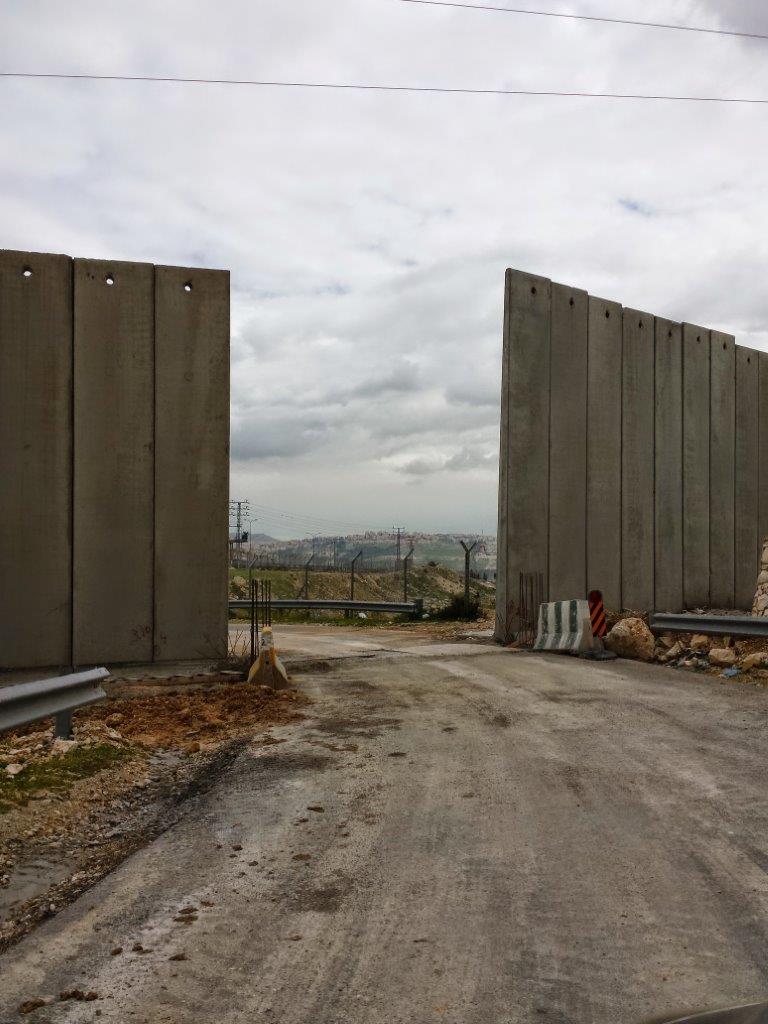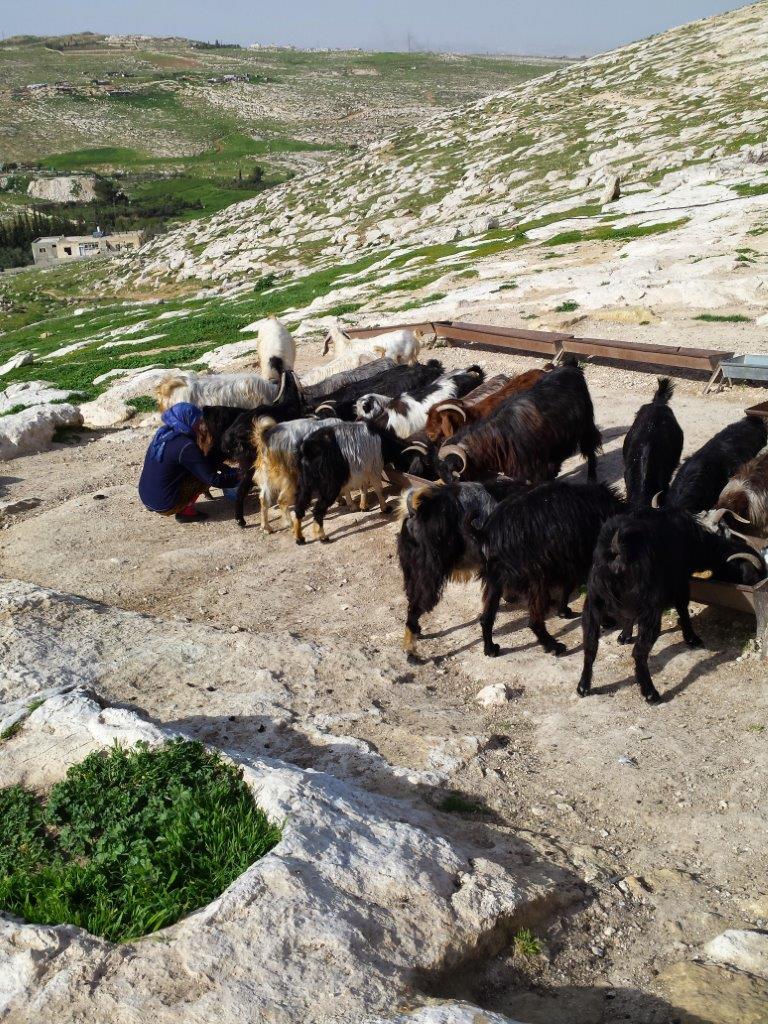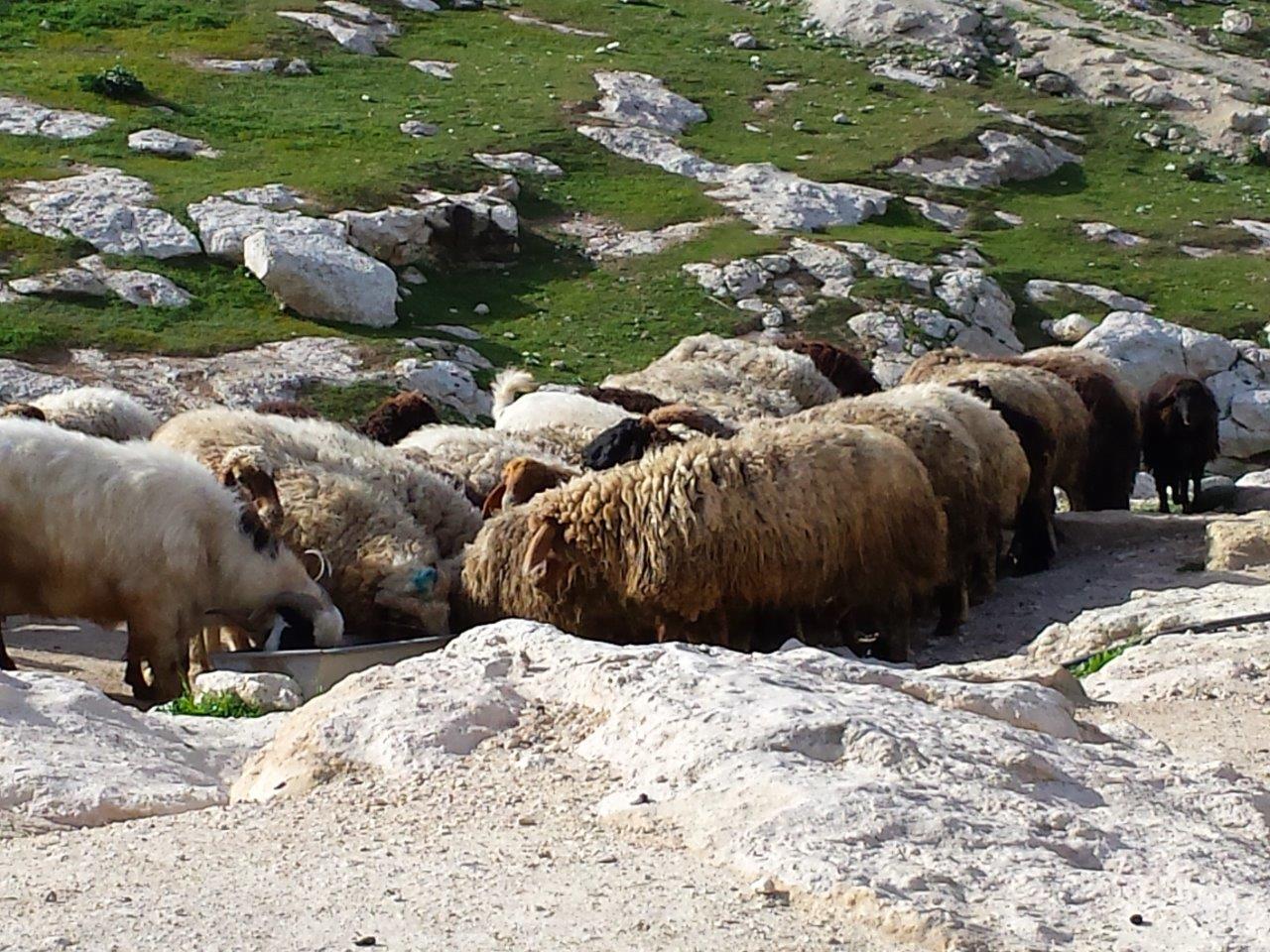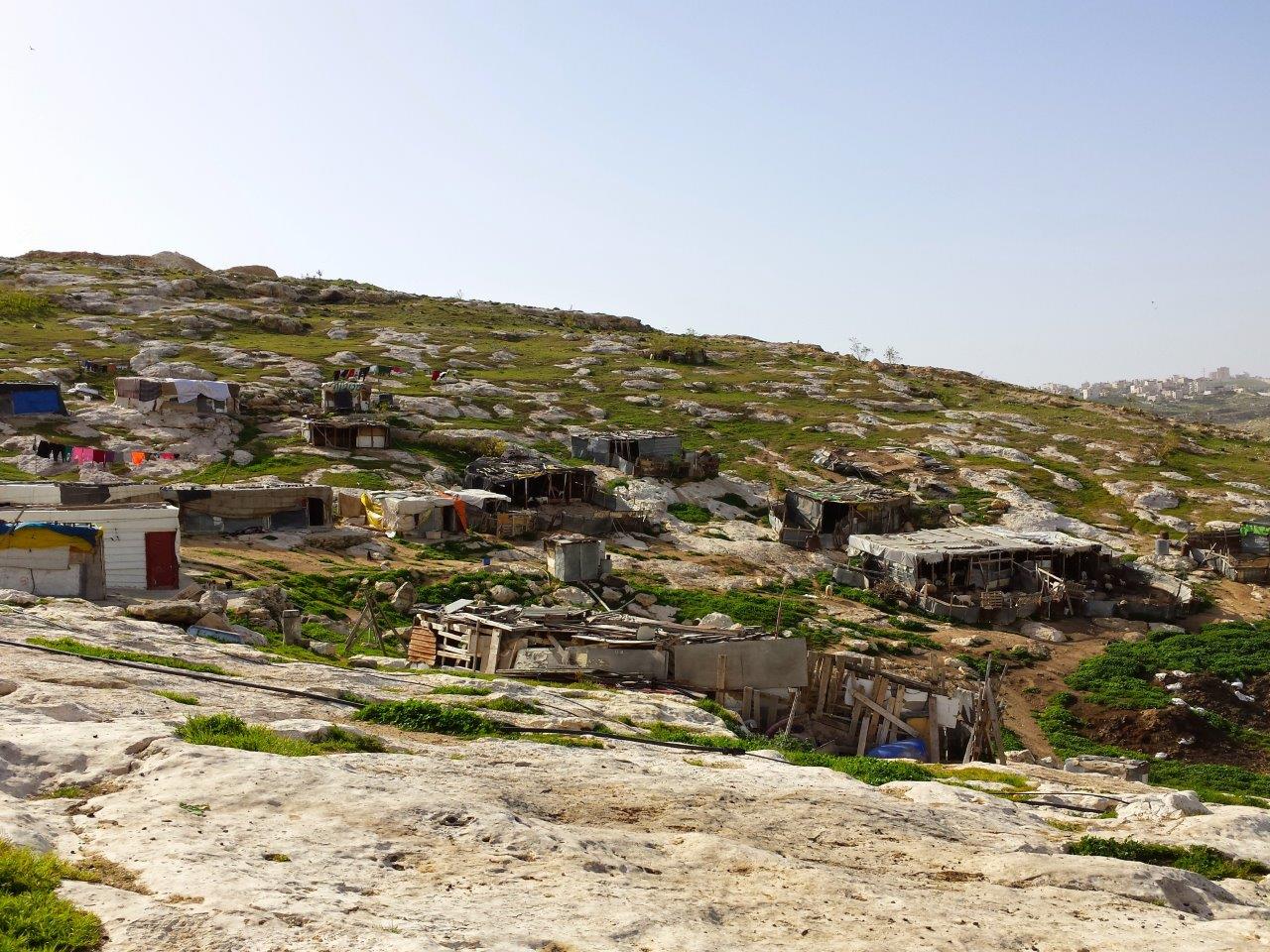
When friendships do develop across social groups, the bonds take on political dimensions. Opportunities exist for dual consciousness-raising and for members of dominant groups (e.g., men, Euro-Americans, Christians, and heterosexuals) to serve as advocates for friends in target groups. As a result, those who are “just friends” can become just friends, interpersonal and political allies who seek personal growth, meaningful relationships, and social justice (Seeman, 2002), p. 731).
This is what this study is about. It is based on one single case of friendship; a friendship between Bashar, a Muslim Palestinian man of Bedouin descent, and me, a Jewish Israeli man of Dutch origin. Understanding the development of cultural practices is a long-term endeavor (Rogoff, 2003). The friendship exists since 2003, whereas my involvement with other Palestinian Bedouins and participation in Palestinian life began in 2008. Descriptive data of the friendship will be provided to a) illustrate and validate dimensions of cultural difference in the encounter, and b) portray the inherent challenges and opportunities I ran into.
Case selection
This study is a case study. “Case study research excels at bringing us to an understanding of a complex issue or object and can extend experience or add strength to what is already known through previous research” (Soy, 1997). Case studies have been especially helpful in creating high levels of conceptual validity, deriving new hypotheses, exploring causal mechanisms, and modeling and assessing complex causal relations (George & Bennett, 2005).









